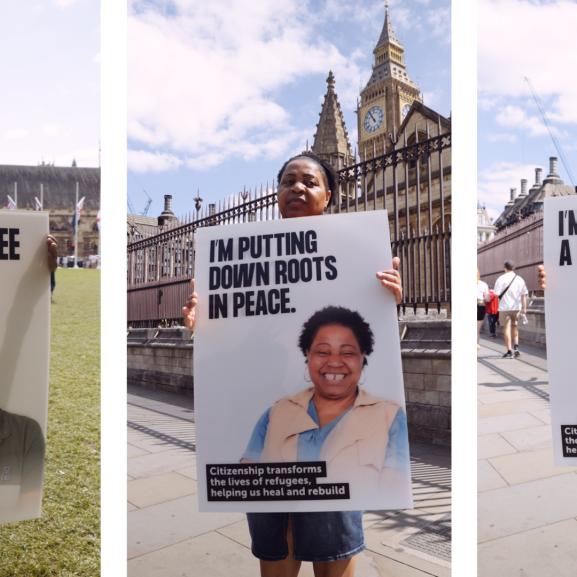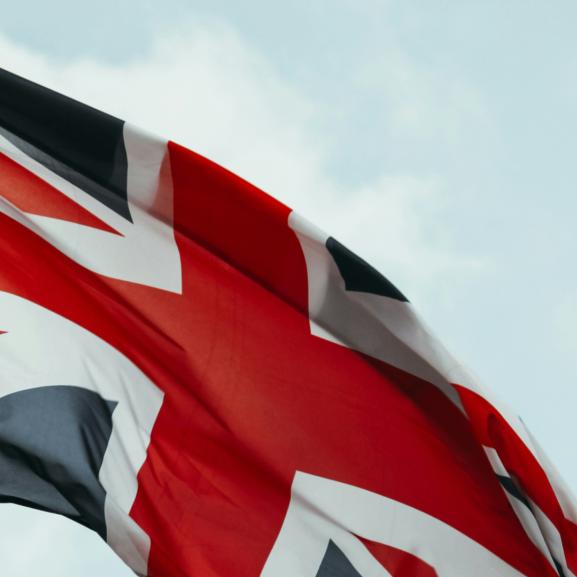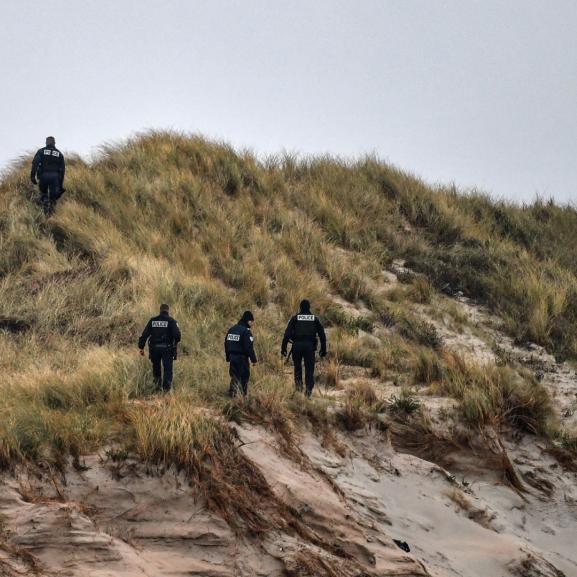Culture of disbelief
"Building a Safe, Just and Tolerant Society'
The mental and physical welfare of some torture survivors is being compromised by a system that denies the validity of their testimonies, according to the Medical Foundation for the Care of Victims of Torture (MF) (now Freedom from Torture). In its daily work with survivors of torture, the MF affirms the findings of the Independent Asylum Commission that torture survivors who seek refuge in the United Kingdom continue to face a widespread "culture of disbelief' and that this leads to "perverse and unjust' decisions in the UK's treatment of those seeking protection. The consequences for victims of torture who are disbelieved can be severe. The refusal to grant refugee protection to those fleeing from torture and persecution can lead to further deterioration in mental and physical health, destitution and the risk of being returned to the countries from which they fled and where they could face further possible ill treatment. The following case studies of MF clients are taken from a review of the experiences of 30 torture survivors. They give some insight into the lack of understanding and regard for rights enshrined in international law by the UK authorities responsible for protecting them.
Arjuna
Arjuna is a young Tamil from Sri Lanka who arrived in the UK after having been tortured by the Sri Lankan Army. In common with other Tamils seen by the MF, Arjuna is heavily scarred - the result of beatings and burns. He was also sexually assaulted while in detention. Despite forensic medical documentation provided by the MF corroborating Arjuna's testimony, his case for asylum was refused on the grounds that he did not have a well-founded fear of persecution in Sri Lanka. Although, the UK asylum and immigration authorities accepted the evidence of his torture, Arjuna was refused asylum because his case was deemed to be an isolated incident - the work of "rogue elements' - not part of the widely reported, systematic campaign of violence waged by both sides to the conflict during the brutal endgame to Sri Lanka's 30 year civil war between the majority Sinhalese and the Tamil minority.
Since being refused asylum, Arjuna has been required to report to the Sri Lankan High Commission to request a passport so that he can be returned to Colombo. Reporting to the authorities of the government from which he is seeking protection has caused him considerable psychological distress and thoughts of suicide: "Why don't they believe me, why do they want to send me back to be killed? Where is the humanity?"
As well as determining that Arjuna would not be at any risk if returned to Sri Lanka, the UK authorities also found that the circumstances of his arrival in the UK were sufficiently serious to warrant removal because he was found to be in possession of false travel documents. This, despite the fact that Article 31 of the 1951 Refugee Convention recognises that there may be justification for the use of false travel documents since a person fleeing human rights violations may need to resort to false documents to leave their country of origin. As Court of Appeal judge, Lord Justice Sedley has pointed out, the imposition of rules that oblige judges to dismiss an asylum-seeker's story if that refugee has fled their home country using a false passport "is a serious invasion of judicial independence ... As is obvious, many people fleeing persecution have no option but to travel on false papers."
Florence
An example of this is the case of a Zimbabwean Movement for Democratic Change (MDC) supporter. After suffering persecution at the hands of the Zimbabwe African National Union-Patriotic (ZANU-PF), war veterans, Zimbabwean police and the "Green Bombers' (the Zanu PF youth wing,) Florence fled to the UK. On referral to the MF she was examined by a doctor who found unusual scarring that was highly consistent with her description of what happened to her in detention. She was kicked, beaten, her nose was broken and she was attacked with pliers which were used to tear the lateral wall of her nostril from her nose. Yet the authorities refused her asylum on the grounds that her injuries could have been self inflicted in an effort "to enhance your claim," despite an MF doctor's assessment that this would be highly improbable. The judge also deemed it safe for her to return to Zimbabwe on the grounds that her torture was the result of a "very localised incident' and as a "low level member' of the MDC she would not be of any interest to the authorities. It is hard to reconcile this with the widespread government campaign of repression aimed at eliminating political opposition and silencing dissent in Zimbabwe and also difficult to reconcile with widespread reports that ZANU-PF were implicated in numerous human rights violations, including detention and torture.
Clinicians at the MF say that some of the most challenging aspects of their work can be losing contact with the torture survivors who may have fallen into destitution or removed to the countries from which they fled. These cases include the political activists who won't even make it out of the airport on arrival in countries before they are picked up, detained and subject to more persecution and ill-treatment. They also include the threat to remove a rape victim with HIV/Aids to a country where she will be unable to protect her infant from mother to child transmission because of the lack of access to clean and safe water to make up formula milk. And the victims of sexual violence who do not receive the protection they are afforded in international law.
The cases discussed here represent just a fraction of the thousands of men, women and children who have been referred to the MF over more than two decades. The evidence they yield strongly suggests that more robust safeguards are necessary in the UK asylum system if torture survivors are to be protected. They also highlight the need for greater measures to be put in place to identify torture survivors who should be afforded protection and a "safe, just and tolerant' society - in the words of the logo which appears on Home Office refusal letters.
* The Home Office logo which appears on letters of refusal to people seeking asylum in the UK.
**Names have been changed in order to protect the identities of those featured





